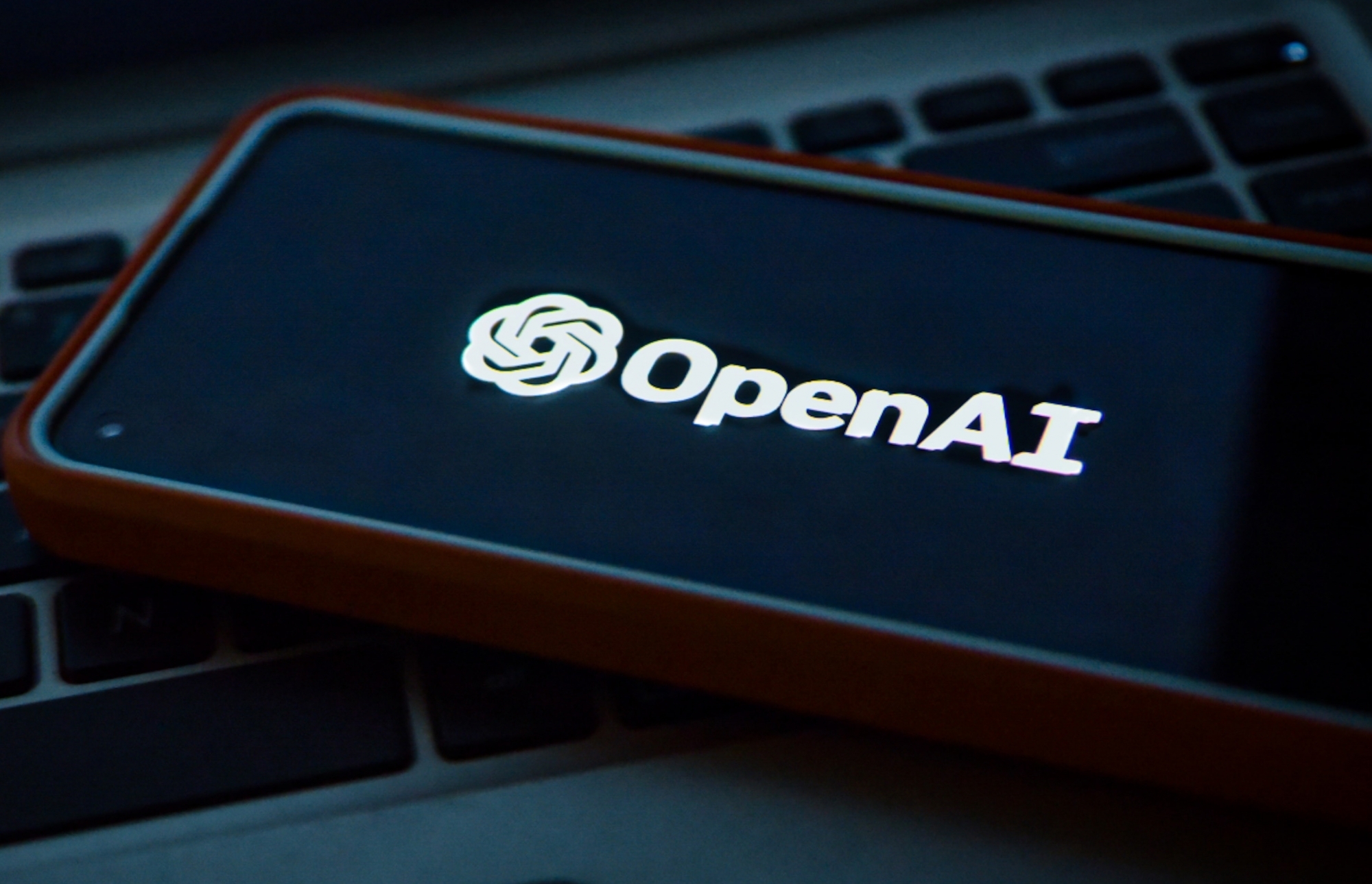FTC Probe Into OpenAI: Implications For AI Development And Regulation

Table of Contents
Data Privacy Concerns at the Heart of the FTC Investigation
The FTC's investigation likely centers on how OpenAI collects, uses, and protects the vast amounts of user data used to train its sophisticated AI models. This is a critical area because the training process requires access to massive datasets, raising significant data privacy concerns.
-
Unauthorized Data Collection: Concerns exist about the potential for unauthorized data collection and the lack of transparency regarding data usage. OpenAI's data practices are under intense scrutiny.
-
Compliance with Regulations: Compliance with stringent data privacy regulations like the General Data Protection Regulation (GDPR) in Europe and the California Consumer Privacy Act (CCPA) in the US is a major point of scrutiny. OpenAI's adherence to these regulations, and whether its consent mechanisms are truly informed and freely given, are key questions.
-
Data Security and Breaches: Data breaches and the potential for misuse of sensitive user information are paramount considerations. The FTC is likely investigating OpenAI's security protocols and measures to prevent data breaches and protect user data from unauthorized access.
-
Data Minimization Practices: The investigation may examine OpenAI's data minimization practices – whether it collects only the data necessary for its AI models, and whether it securely deletes data that is no longer needed.
Algorithmic Bias and Fairness in AI Models
Another key area of the FTC's investigation is the potential for algorithmic bias in OpenAI's models. The ability of AI systems to perpetuate and even amplify existing societal biases is a serious ethical and societal concern.
-
Discriminatory Outcomes: The FTC is likely examining whether OpenAI's models exhibit bias, potentially leading to discriminatory outcomes in various applications. This includes assessing fairness in areas such as recruitment, loan applications, and content moderation.
-
Bias Mitigation Strategies: The investigation may focus heavily on OpenAI's efforts (or lack thereof) to mitigate bias in its training data and algorithms. The effectiveness of any bias mitigation techniques employed will be a key aspect of the evaluation.
-
Impact on Vulnerable Populations: The potential impact of biased AI on vulnerable populations is a critical consideration. The FTC will likely investigate whether OpenAI's models disproportionately harm marginalized communities.
-
Promoting Algorithmic Fairness: The FTC's findings could significantly influence future regulations aimed at promoting algorithmic fairness and responsible AI development.
Antitrust Implications and the Dominance of OpenAI
The rapid adoption of OpenAI's models, particularly ChatGPT, raises significant antitrust concerns regarding its potential for market dominance and the stifling of competition.
-
Market Dominance and Anti-competitive Behavior: The FTC's investigation may assess whether OpenAI's market position constitutes anti-competitive behavior. Its rapid growth and influence in the generative AI space are under scrutiny.
-
Stifling Competition: The investigation could focus on OpenAI's business practices and potential exclusionary tactics that might stifle competition in the AI market. This includes examining its partnerships, licensing agreements, and data access policies.
-
Future Antitrust Actions: The FTC's findings could influence future antitrust actions against OpenAI and other dominant AI companies. This could lead to significant changes in the AI industry landscape.
-
Fostering a Competitive AI Ecosystem: This investigation highlights the need for proactive regulation to foster a competitive and innovative AI ecosystem, preventing the creation of monopolies and ensuring a level playing field for smaller AI companies.
The Future of AI Development in Light of the FTC Probe
The FTC's probe will undoubtedly significantly impact the future trajectory of AI development.
-
Prioritizing Ethical Considerations: Companies are likely to prioritize data privacy and algorithmic fairness more strongly, incorporating ethical considerations into the development lifecycle from the outset.
-
Impact on Innovation: Increased regulatory scrutiny could lead to a temporary slowdown in innovation, but it could also promote more responsible and ethical development in the long run. The balance between fostering innovation and ensuring responsible AI will be key.
-
Transparency and Accountability: Greater transparency and accountability will be expected from AI companies, including detailed explanations of their models' workings and data usage practices.
-
Investing in AI Safety: Investment in AI safety research and the development of ethical AI guidelines will likely increase.
Conclusion
The FTC's investigation into OpenAI has far-reaching consequences for the future of AI development and regulation. Addressing data privacy concerns, mitigating algorithmic bias, and ensuring fair competition are crucial for building public trust and fostering responsible innovation in this transformative field. The outcome of this investigation will likely shape future regulations and influence how AI companies operate, setting a precedent for the responsible development and deployment of AI technologies globally. Staying informed about the FTC probe into OpenAI and similar regulatory efforts is vital for anyone involved in or impacted by the rapidly evolving world of artificial intelligence. Understanding the implications of this investigation is critical for navigating the future landscape of AI development and regulation.

Featured Posts
-
 Heat Vs Cavaliers Prediction Game 1 Playoffs Best Bets And Picks
May 07, 2025
Heat Vs Cavaliers Prediction Game 1 Playoffs Best Bets And Picks
May 07, 2025 -
 The John Wick Experience Las Vegas Opens Its Doors
May 07, 2025
The John Wick Experience Las Vegas Opens Its Doors
May 07, 2025 -
 Reflecting On The Celtics A Cavaliers Stars Journey
May 07, 2025
Reflecting On The Celtics A Cavaliers Stars Journey
May 07, 2025 -
 Flooding A Serious Threat To Livestock
May 07, 2025
Flooding A Serious Threat To Livestock
May 07, 2025 -
 Wnba Las Vegas Aces Megan Gustafson Sidelined By Leg Injury
May 07, 2025
Wnba Las Vegas Aces Megan Gustafson Sidelined By Leg Injury
May 07, 2025
